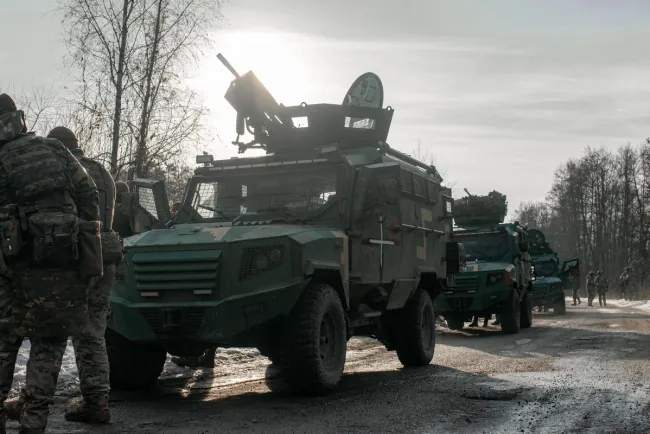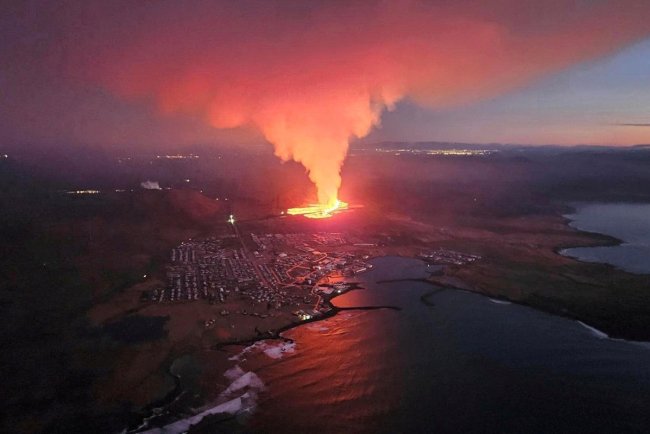Israel Bombs Southern Lebanon Amid Rising Tensions with Hezbollah
Israel bombs southern Lebanon after Hezbollah radio blasts amid escalating regional tensions.

Outline for Easy Navigation
- Overview of Escalating Tensions Between Israel and Hezbollah
- Explosions of Hezbollah Radios and Cross-border Attacks
- Hezbollah's Role in Regional Conflicts
- Israel’s Retaliation and Airstrikes on Southern Lebanon
- Assassination Plot Thwarted by Israel
- United Nations and International Response
- Impact on Civilians and Border Communities
- Conclusion: A Regional Conflict at a Boiling Point
- FAQs on the Israel-Hezbollah Conflict
1. Overview of Escalating Tensions Between Israel and Hezbollah {#overview}
The ongoing conflict between Israel and Hezbollah has intensified after the detonation of Hezbollah’s communication devices, which has killed over 37 people and left thousands injured. Tensions in the region are at their highest point since the 2023 Gaza conflict, with both sides locked in a series of retaliatory strikes and military operations.
This development has raised concerns about the broader regional implications, given Hezbollah's ties to Iran and other militant groups, including those operating in Syria, Yemen, and Iraq. The situation has exacerbated an already volatile atmosphere in the Middle East, with fears of a larger-scale war looming.
2. Explosions of Hezbollah Radios and Cross-border Attacks {#explosions}
The conflict escalated with a sophisticated attack on Hezbollah’s communications devices, specifically radios and pagers, which exploded across southern Lebanon. These devices, commonly used by Hezbollah to evade mobile phone surveillance, were targeted in what appears to be a highly coordinated operation attributed to Israeli intelligence. The explosions led to significant casualties, including children, and triggered mass panic among the Lebanese population, many of whom abandoned their mobile devices due to fears of further attacks.
The explosion of hand-held radios marks a significant shift in the ongoing technological warfare between Israel and Hezbollah. This has raised alarms regarding the growing sophistication of cyber and electronic warfare tactics being used in the region.
3. Hezbollah's Role in Regional Conflicts {#hezbollah-role}
Hezbollah, backed by Iran, has long been considered a key player in the region’s conflicts, especially in Lebanon, Syria, and Iraq. With strong ties to both Iran and Palestinian militant groups like Hamas, Hezbollah's role in the broader geopolitical landscape has come under increased scrutiny.
Hezbollah has supported various armed movements in the Middle East, serving as a proxy for Iran's influence. Its involvement in Syria’s civil war and its military capabilities along the Israeli-Lebanese border have been ongoing sources of tension with Israel.
4. Israel’s Retaliation and Airstrikes on Southern Lebanon {#israeli-retaliation}
In response to the radio blasts and cross-border fire, Israel launched airstrikes on multiple villages in southern Lebanon, targeting Hezbollah strongholds and communication centers. The Israeli airstrikes are part of a broader military strategy aimed at curbing Hezbollah's influence and preventing further missile attacks on Israeli territories.
The strikes targeted locations such as Chihine, Tayibe, Blida, and Khiam, with the Israeli military claiming they were aimed at neutralizing Hezbollah’s weapons depots and communication hubs.
5. Assassination Plot Thwarted by Israel {#assassination-plot}
Alongside the military retaliation, Israel announced it had thwarted an assassination plot orchestrated by Iranian operatives. The plot involved targeting high-profile Israeli leaders, including Prime Minister Benjamin Netanyahu and top defense officials. The suspect, an Israeli businessman, allegedly met with Iranian officials and Hezbollah agents in Iran, planning the assassination.
This revelation underscores the broader regional confrontation between Israel and Iran, with Hezbollah playing a central role in Iran’s military strategy against Israel.
6. United Nations and International Response {#un-response}
In response to the recent attacks, Lebanese Prime Minister Najib Mikati called on the United Nations Security Council to take firm action against what he described as Israeli “aggression” and “technological warfare.” The U.N. peacekeeping mission in southern Lebanon has been monitoring the situation closely, with a spokesperson noting that while exchanges of fire have continued, there has been no significant change in the conflict’s intensity.
However, the international community remains concerned about the possibility of further escalation, with diplomatic efforts focused on containing the violence and preventing a full-scale war.
7. Impact on Civilians and Border Communities {#impact-civilians}
The ongoing violence has severely impacted civilians on both sides of the Israeli-Lebanese border. Tens of thousands of people have fled their homes, and many border towns have become ghost towns. Israeli officials have vowed to ensure the safe return of evacuated citizens, while the humanitarian crisis continues to grow in Lebanon, particularly in the southern regions affected by Israeli airstrikes.
The destruction of infrastructure and the looming threat of further violence have left the local populations in a state of fear and uncertainty, with no clear resolution in sight.
8. Conclusion: A Regional Conflict at a Boiling Point {#conclusion}
The recent conflict between Israel and Hezbollah is part of a larger, complex geopolitical struggle in the Middle East, with far-reaching consequences. As Israel continues to target Hezbollah’s military assets and communications infrastructure, and Hezbollah retaliates, the risk of further escalation looms large.
Without diplomatic intervention, particularly from the United Nations and major world powers, the situation could spiral into a full-scale regional conflict, engulfing not only Lebanon and Israel but also Iran and other Middle Eastern nations involved in proxy wars.
9. FAQs on the Israel-Hezbollah Conflict {#faqs}
Q1: Why is Hezbollah attacking Israel?
Hezbollah has long been in conflict with Israel, fueled by both ideological opposition and its alliance with Iran, which sees Israel as a primary enemy in the region.
Q2: What is Israel’s goal in bombing southern Lebanon?
Israel aims to neutralize Hezbollah’s military capabilities, particularly its missile arsenals and communication networks, which pose a threat to Israeli security.
Q3: What role does Iran play in this conflict?
Iran is a key supporter of Hezbollah, providing financial aid, military equipment, and training. Iran views Hezbollah as an essential part of its strategy to exert influence in the Middle East.
Q4: What has been the impact on civilians?
Civilians on both sides of the Israel-Lebanon border have been deeply affected, with many forced to evacuate their homes due to the violence. The humanitarian crisis is particularly severe in Lebanon, where infrastructure has been heavily damaged by Israeli airstrikes.
For more in-depth coverage of the ongoing situation, visit Kiksee's page on Middle Eastern Conflicts.
What's Your Reaction?






















